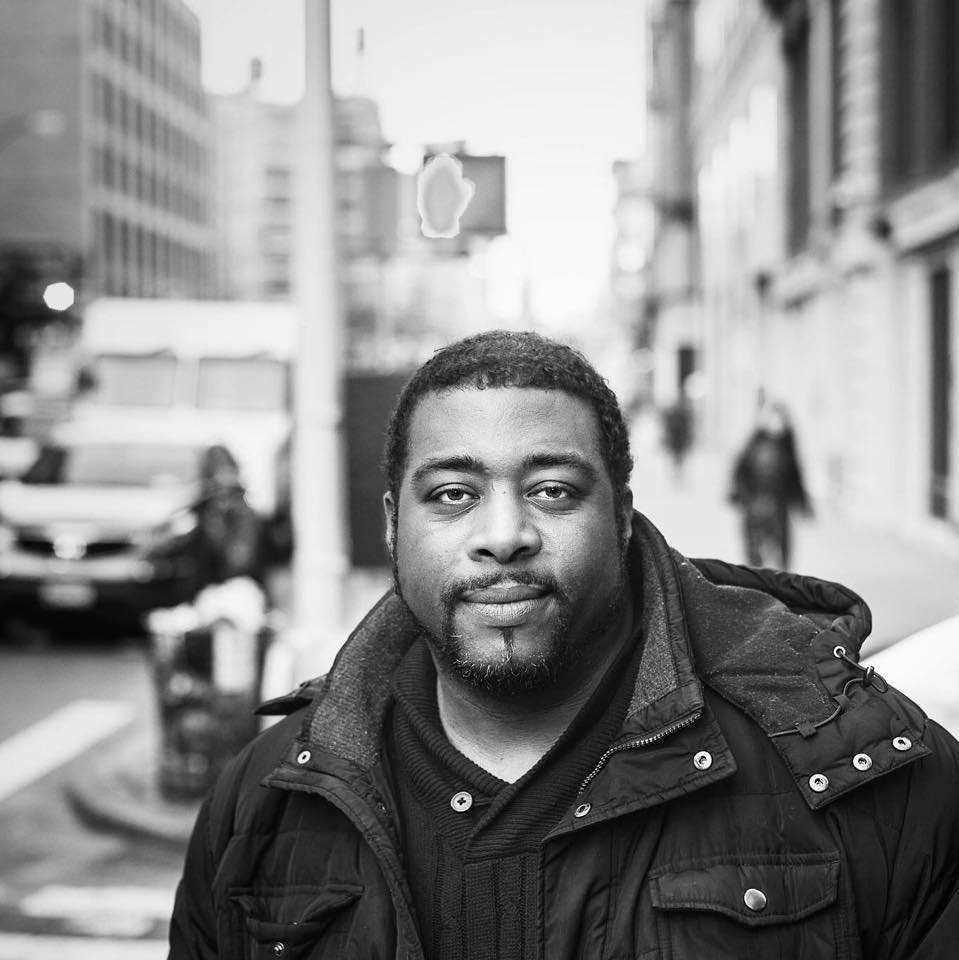Vladimir Bautista smoked his first joint back in the ‘90s at age 12. He was playing hooky with his older friends who were about 15 at the time. It made him happy, put him in a good mood. Laughs, giggles, munchies. It was a peaceful escape from the rough, urban environment of 139th and Broadway in the Upper Manhattan area of New York City.
As he entered his late teens, Bautista found himself confronted by police and arrested more than 20 times simply for consuming cannabis. It happened so much around the neighborhood that Bautista and his friends thought it was normal. You’d get picked up for smoking on the street and spend 24 hours in jail.
“People like myself that grew up in urban, violent areas have their own version of PTSD,” said Bautista. “Cannabis helps you deal with those things, but I would’ve never thought [legalization] was possible. Now you can have three ounces on you, you can have five pounds in your house, you can smoke anywhere where you smoke cigarettes. It’s like a dream come true.”
New York Governor Andrew Cuomo signed the Marijuana Regulation and Taxation Act (MRTA) into law this March, immediately legalizing adult use of recreational marijuana throughout the state. Advocates for equitable marijuana legislation like Bautista consider this a landmark victory, as the bill automatically expunged all cannabis-related convictions and will divert 40 percent of its revenue toward marginalized communities in the form of grants.
The bill originally proposed by Cuomo, the Cannabis Regulation and Taxation Act (CRTA), was met with distaste from activists. Many believed a provision requiring jail time for those caught selling marijuana to minors was too punitive, that a de facto bidding war for marijuana licenses disadvantaged underground sellers who wanted to jump into the legal market, and that the bill as a whole did not do enough to address the social inequities created by the war on drugs.
“[CRTA] had no social consumption licenses,” said Bautista. “The social consumption piece is so important because in New York we live on top of each other. When you have a [concentration] of [public housing] and apartments that are mostly co-ops, when you have these two components and you don’t give people a reasonable place to smoke, you’re putting them in danger of losing their homes.”

In 2017, Bautista and his co-founder Ramon Reyes held their first Happy Munkey event, what some called the “Studio 54 of Cannabis.” No alcohol, just weed.
“Us being some of the first people to create the consumption lounge in New York really was an advocacy on its own because we brought people together from all walks of life,” said Bautista. “It was the first time that professionals smoked publicly and were in the same room with people from the culture and saw them smoking publicly, which had a major impact on taking away the stigma of cannabis here in New York.”
Regarding the new legalization, Reyes says, “[I’m] happy to be a part of this historical moment.”
Social consumption licenses, delivery licenses, and homegrow of certain cannabis plants are among the distinctive provisions included in MRTA.
“[MRTA] is the most equity-centered legislation that has passed with full legalization,” said Dasheeda Dawson, Cannabis Supervisor for Portland’s Office of Civic Life. “It goes so far as to include multiple types of licenses, including micro-licenses and delivery licenses, which in a lot of adult-use markets were left out, and have the best opportunity for legacy or underground market operators to transition through those points. The addition of automatic expungement was also an important one. It was something that was really missing in the CRTA, which missed the mark in making sure that people who have previously dealt with incarceration or any collateral damage as a result of criminalization get that undone.”

Dawson is the best-selling author of How to Succeed in the Cannabis Industry and creator of The WeedHead™ & Company, a blog-turned-education company that seeks to teach any and everyone about the cannabis industry. In 2020, Dawson became the third Black woman in the United States to become a cannabis officiator for a city government. She believes that due to her race, she brings an essential perspective to cannabis regulation.

“The war on cannabis was really a war on people,” said Dawson. “The arrests were due to cannabis possession, not distribution, and the lies that were told around that were just not the reality. Black and Indigenous and Latinx individuals were the ones that were targeted and overpoliced through racially biased enforcement. It is almost impossible in my opinion to not take to regulation a policy with that lens, and as a Black woman, that’s what I understand first and foremost.”
Bautista has emphasized diversity at Happy Munkey and involved people of all walks of life in his vision. He believes that weed could be the remedy to our intense divisions in the United States.
“We are so divided on so many issues, and I think cannabis is the great equalizer,” he said. “It brings out the best people of moral principles and the good-hearted people of every race, every sexuality. People need to see that there are still some things like cannabis that can unify us all for a greater good.”
This article is featured in our Lil Wayne 420 print edition. Click to purchase here.




